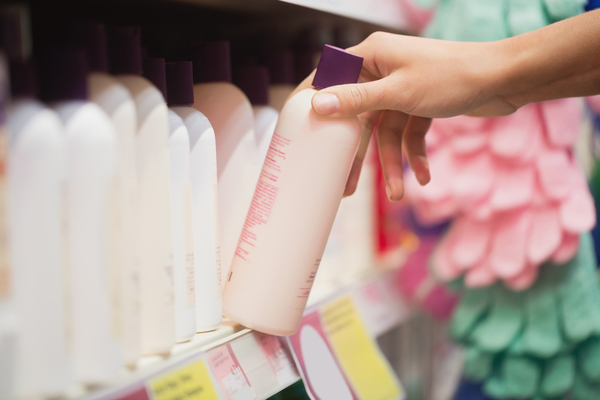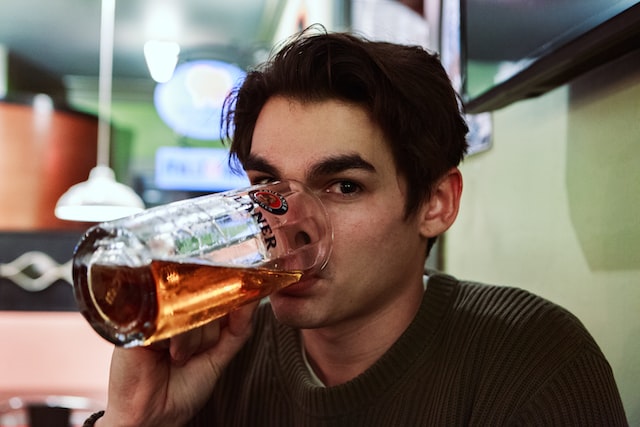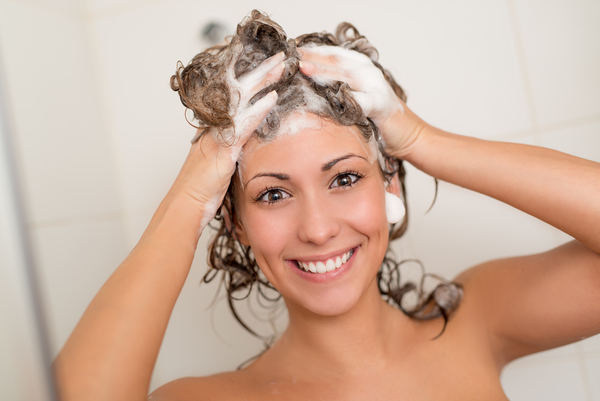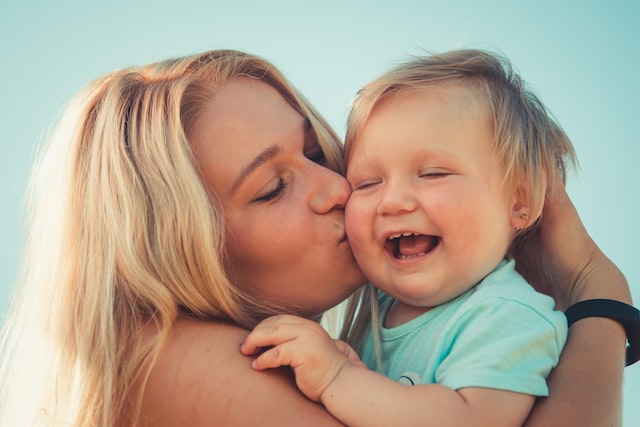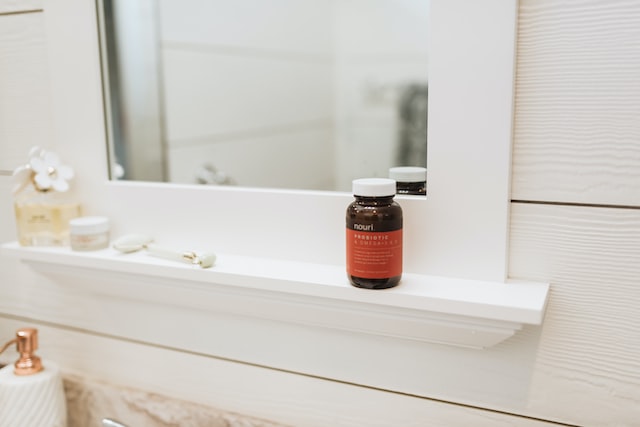Caffeine is a stimulant that is present in coffee, tea, soda, chocolate, and various energy drinks. It is a popular pick-me-up for millions of people worldwide, but did you know that excessive caffeine consumption could lead to hair loss?
Hair loss is a distressing condition that affects both men and women. While genetics, hormonal imbalances, and stress are some of the common causes of hair loss, did you know that your morning cup of coffee could also be a culprit?
Research has revealed that excessive caffeine consumption can disrupt the delicate balance of hormones in the body, leading to hair loss.
However, the relationship between caffeine and hair loss is complex, and it is influenced by several factors such as individual differences, dosage, and duration of use. So, the next time you reach for that extra cup of coffee, think about its impact on your hair. Will it be worth it? The answer may surprise you. Stay tuned as we explore the link between caffeine and hair loss and what you can do to prevent it.
The link between Caffeine and Hair Loss
The link between caffeine and hair loss is a complex one and is still being studied by researchers. However, several mechanisms have been identified that show how excessive caffeine consumption can lead to hair loss.
First, caffeine is a stimulant that can disrupt the delicate balance of hormones in the body, leading to hormonal imbalances. Hormonal imbalances are known to cause hair loss, and excessive caffeine consumption can trigger these imbalances.[Source]
Second, caffeine can increase the levels of cortisol, the stress hormone, in the body. High levels of cortisol can cause hair follicles to shrink, leading to hair loss.
Third, caffeine can constrict blood vessels, reducing the flow of blood to the scalp. This reduced blood flow can prevent essential nutrients and oxygen from reaching the hair follicles, leading to hair loss.
Lastly, some studies have shown that caffeine can increase the levels of DHT (dihydrotestosterone) in the body. DHT is a hormone that is known to shrink hair follicles and cause hair loss.
It is important to note that the relationship between caffeine and hair loss is complex and varies from person to person. Factors such as individual differences, dosage, and duration of use can all influence the impact of caffeine on hair loss.
However, limiting caffeine intake, opting for alternative sources of energy, and maintaining a healthy diet can help prevent caffeine-related hair loss.
5 Factors affecting the relationship between Caffeine and Hair Loss
Several factors affect the relationship between caffeine and hair loss. Understanding these factors is important in determining the impact of caffeine on an individual’s hair loss. Some of these factors are:
Individual differences
Everyone’s body reacts differently to caffeine. Some people may be more sensitive to its effects, while others may be less sensitive. This means that the impact of caffeine on hair loss can vary from person to person
Dosage
The amount of caffeine consumed also affects the impact of caffeine on hair loss. Higher doses of caffeine can have a greater impact on hair loss compared to lower doses.
Duration of use
The length of time that someone has been consuming caffeine also affects the impact of caffeine on hair loss. Long-term excessive caffeine consumption can have a greater impact on hair loss compared to short-term excessive caffeine consumption.[Source]
Genetics
Genetics also plays a role in determining the impact of caffeine on hair loss. Some people may be more predisposed to hair loss, and caffeine may trigger hair loss in these individuals
Other factors
Other factors such as overall health, stress levels, and diet can also affect the relationship between caffeine and hair loss
How to prevent Caffeine-related Hair Loss
Preventing caffeine-related hair loss requires taking steps to reduce the impact of caffeine on the body. Some strategies that can help prevent caffeine-related hair loss include:
Limiting caffeine intake
Reducing caffeine intake is the most effective way to prevent caffeine-related hair loss. This means reducing the number of caffeinated drinks or foods consumed, or opting for decaffeinated alternatives. It is recommended to limit caffeine intake to no more than 400 milligrams per day
Maintaining a healthy diet
Eating a healthy diet that is rich in vitamins, minerals, and antioxidants can help prevent hair loss. A diet that includes plenty of fruits and vegetables, lean protein, and whole grains can help promote healthy hair growth
Reducing stress levels
Stress is a known trigger for hair loss. Practicing stress-reducing techniques such as yoga, meditation, or exercise can help reduce stress levels and prevent hair loss
Staying hydrated
Caffeine can dehydrate the body, and dehydration can cause hair loss. Drinking plenty of water can help prevent dehydration and promote healthy hair growth
Seeking medical advice
If hair loss persists, it is important to seek the advice of a healthcare professional. A doctor can perform a physical examination and offer personalized advice on how to prevent hair loss
In conclusion, preventing caffeine-related hair loss requires a combination of lifestyle changes and self-care. By limiting caffeine intake, maintaining a healthy diet, reducing stress levels, staying hydrated, and seeking medical advice, individuals can help prevent caffeine-related hair loss.


